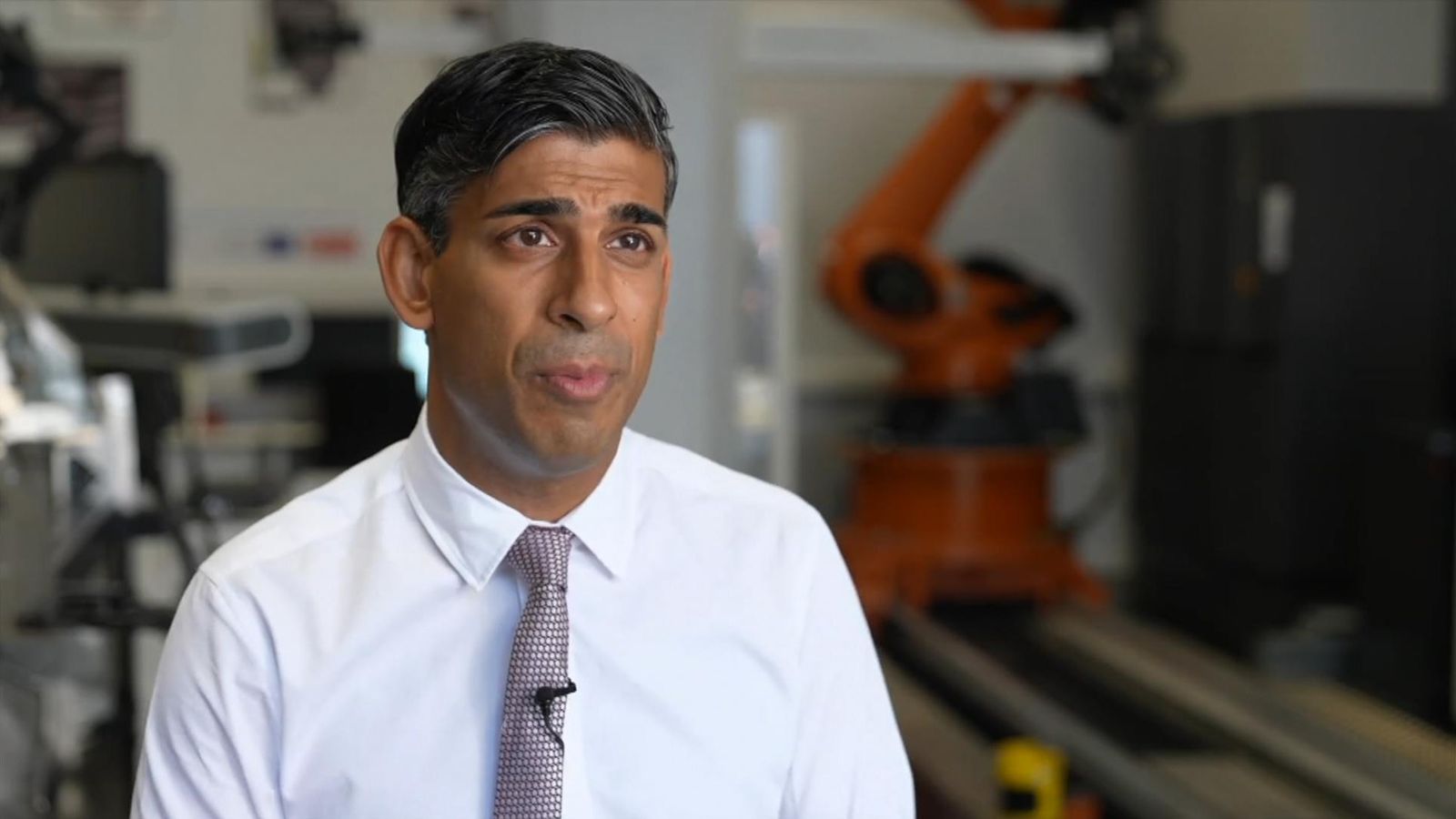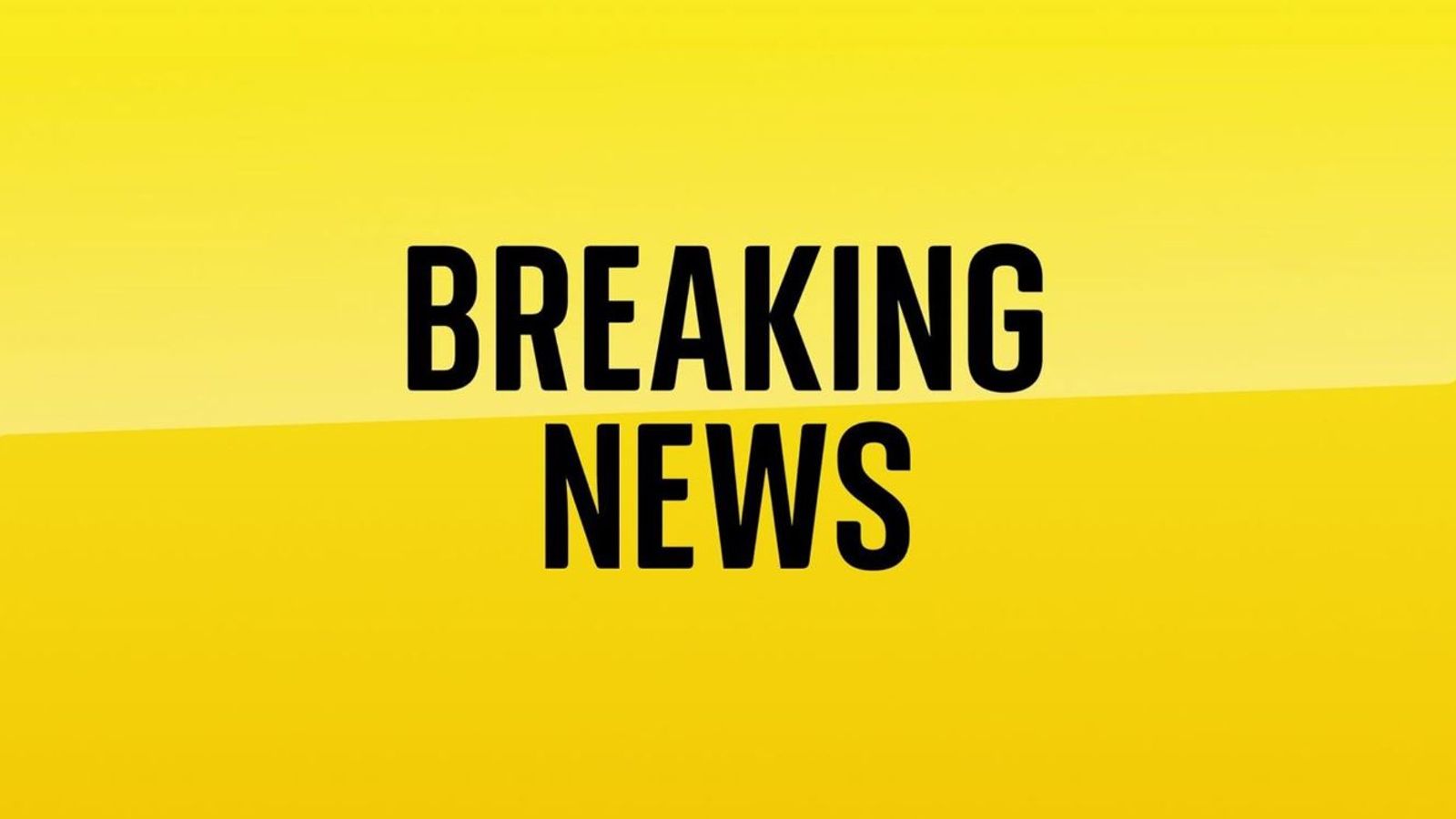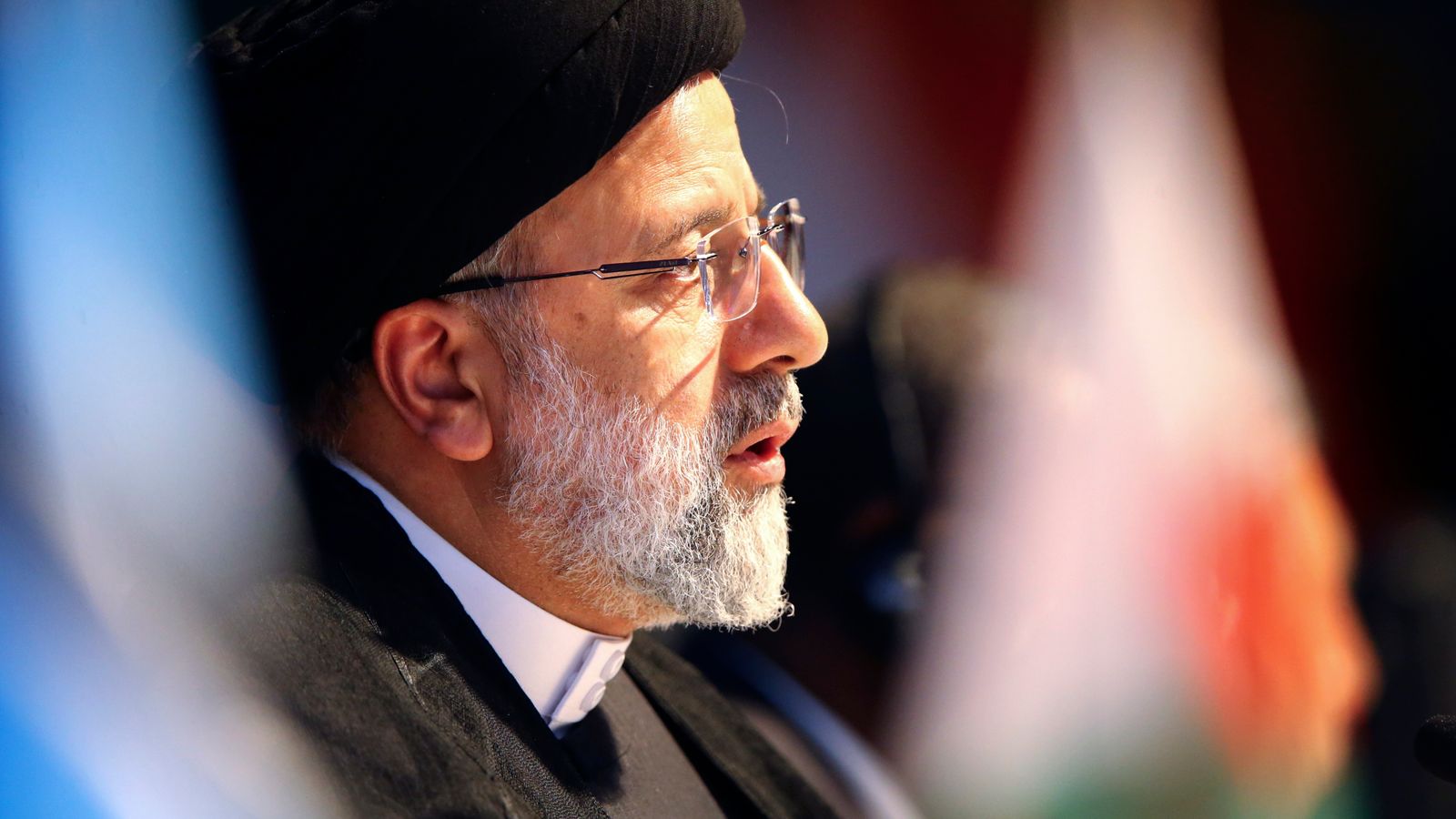Downing Street has said it remains “committed” to the pensions triple lock amid a debate about its cost to the public purse.
The triple lock is a government promise to raise publicly funded pensions by the level of average earnings, inflation or 2.5% – whichever is the highest.
It means the state pension could rise by 8.5% next year after new data showed that average weekly earnings growth in the three months to July rose by that amount in annual terms.
Rayner promises action on employment rights – politics latest
The triple lock was designed to ensure people’s pensions were not affected by gradual rises in the cost of living over time.
But there have been questions as to whether the government would stick to the manifesto promise given that pay and inflation are running at higher levels than usual.
The Institute for Fiscal Studies said in a recent report that the lock’s annual cost for the Treasury could reach anywhere between an additional £5bn and £45bn a year by 2050 due to the uncertainty created by the terms of the policy.
Government rejects calls to label China a threat despite parliament ‘spy’ arrest
China should not be described as a ‘foe’ – but is a ‘challenge’, says Kemi Badenoch
Rishi Sunak ‘entirely confident’ Conservatives will win general election despite polls
Critics also point to the impact the current cost of living crisis is having on working-age people who are having to contend with rent hikes and rising mortgage rates.
Labour has also refused to give a guarantee that it will be able to stick with the policy if it wins the next election.
Former Conservative chancellor, Lord Clarke, told Sky’s Sophy Ridge last week the government should ditch the lock.
Please use Chrome browser for a more accessible video player
Sunak’s Number 10 committed to policy
Number 10 today said it was sticking with the policy – although it refused to indicate how much the state pension will rise ahead of the “formal process” for uprating.
The prime minister’s official spokesman said: “You know there’s a formal process for this when it comes to uprating but we remain committed to the triple lock which has seen 200,000 pensioners lifted out of absolute poverty after housing costs are taken into account.”
Asked whether the average earnings figure of 8.5%, which includes bonuses, would be applied rather than a figure excluding bonuses, the official replied: “All those decisions on uprating are taken on a later date, later this year. I can’t pre-empt that work.”
The spokesperson also said the government would ensure the state pension “remains sustainable and fair across generations”.
Pensions secretary suggests figures not settled
Mel Stride, the work and pensions secretary, suggested pensioners may not get the 8.5% increase in the state pension that earnings figures suggest.
He told BBC Radio 4’s World At One: “There clearly is a difference if you take into account the non-consolidated elements of pay in recent times, but these are all decisions that I have to take with the chancellor as part of a very clear process, a statutory process actually, that I go through in the autumn.
“So I didn’t want to get into the weeds of exactly how I’m going to go about that.
“But the overarching point about the triple lock is that we remain committed to it.”
Asked whether he was not ruling out using a lower figure based on earnings without bonuses – at 7.8% – he said: “I’m not going to get drawn into those kinds of questions.”
Triple lock could be Labour-Tory dividing line
The Tories have said they are committed to keeping the pledge after the next general election but Labour has so far refused to offer the same guarantee.
Shadow environment secretary Steve Reed said it was “very important that older people are able to live with decency and respect under all circumstances”.
But he added: “We need to see where we are by the time of the next election.”
“It was pretty much a year ago to the month when the Conservative government launched that disastrous mini-budget that crashed the economy and caused prices in the shops to rocket and interest rates to escalate beyond levels that people have seen for a decade,” he said.
“I can’t stand here and tell you what the Tories are going to do over the next year.
“So, we will need to look at where we are come the election. But, it will be in our next manifesto.”
Read more:
What is the pensions triple lock?
Why it could add £11bn a year to public spending
Be the first to get Breaking News
Install the Sky News app for free
Chancellor Jeremy Hunt said the latest earnings figures were “heartening” and that the number of employees on payroll was “close to record highs”.
“Wage growth remains high, partly reflecting one-off payments to public sector workers, but for real wages to grow sustainably we must stick to our plan to halve inflation,” he said.
But Labour’s deputy leader Angela Rayner said the UK had experienced “13 years of economic failure by the Conservatives, and people can see that their cost of living has increased”.
She said wage rises have not risen across the board while bills continue to rise, so “most people are still finding it incredibly difficult”.








